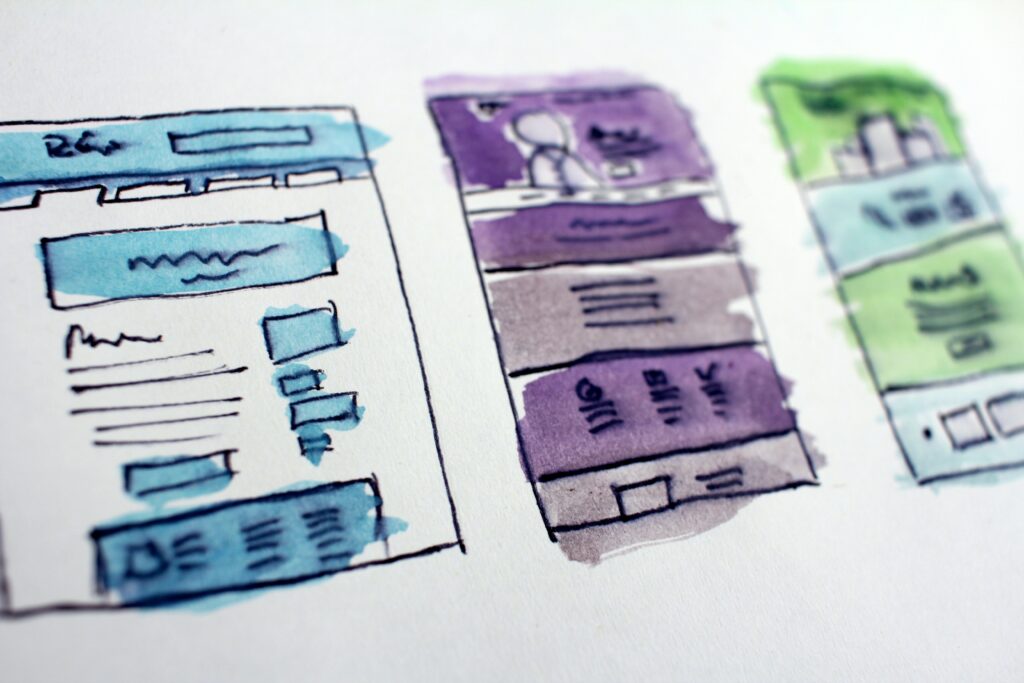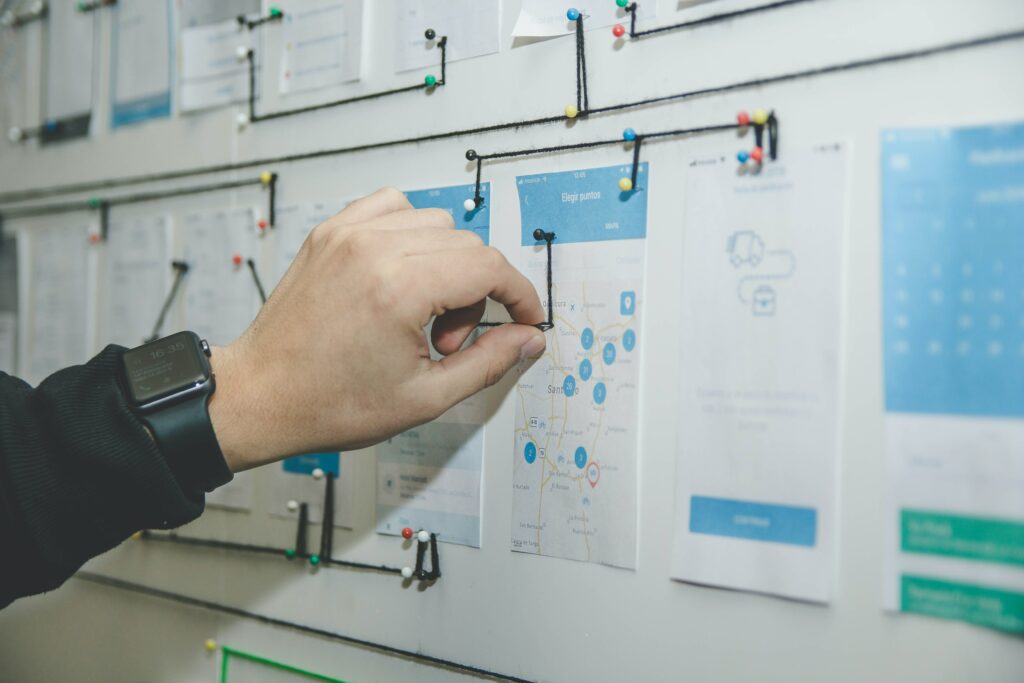Workshop on ‘Long-term Sustainability of Co-Creation and Co-production’
The inGOV team joins forces with the INTERLINK project (funded by the European Commission, within the H2020 Programme, under Grant Agreement 959201) to co-organize a workshop on “Long-term Sustainability of Co-Creation and Co-production”
The inGOV team joins forces with the INTERLINK project (funded by the European Commission, within the H2020 Programme, under Grant Agreement 959201) to co-organize a workshop on “Long-term Sustainability of Co-Creation and Co-production”. The workshop will take place in Ghent (Belgium) on May 23-24 2022, bringing together expertise on co-creation and co-production of public services from 18 countries across three continents. Next to presentation and discussion of research papers, the workshop will include a plenary debate on the challenge of making co-creation and co-production initiatives sustainable over time.
The workshop addresses the question of whether and how co-creation can be scaled up and sustained over time as to create long term collaboration between professionalized service providers in public agencies and citizens. Active and voluntary involvement of citizens in the delivery of public services has been a practice for many years. Yet, the challenge of sustainability of co-creation and co-production seems all the more pertinent in the context of the ongoing COVID-19 crisis. During the Covid-19 crisis, world-wide new co-creation and co-production practices have emerged. The crisis provided opportunity to break through procedural restrictions leaving room for both government and citizen-initiated co-production projects to materialize. Moreover, COVID-19 displays the dependence of government on citizens not only in complying with new directives that penetrate their social and economic life, but also in co-creating and co-producing social and health care. The question arises, however, what will be necessary to support the continuation of these co-creation and co-production initiatives beyond the immediate crisis once the sense of urgency will disappear. Very few studies examine co-production from a long-term perspective. Learning more about conditions for sustainability of co-creation and co-production not only addresses a gap in our theoretical and empirical knowledge, but may also provide insights for government on how to support the continuation of co-creation and co-production initiatives. In a next step this knowledge can contribute to co-creation and co-production initiatives having a stronger impact and a multiplier effect.


